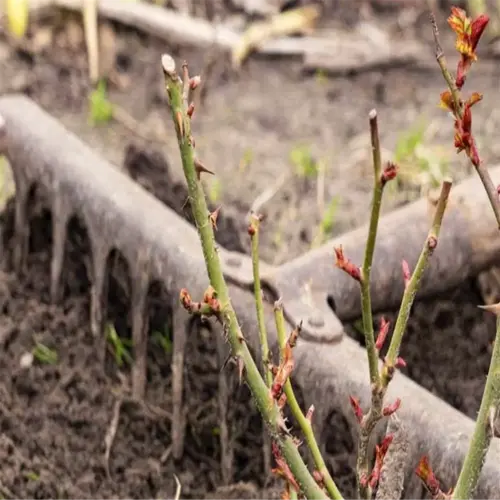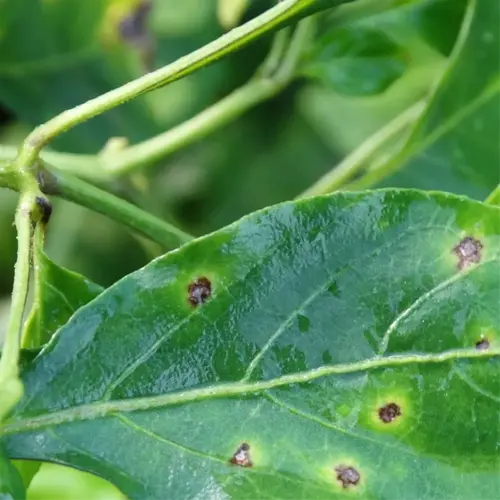Can I propagate bananas from supermarket fruit?

Written by
Julia Anderson
Reviewed by
Prof. Martin Thorne, Ph.D.Many gardeners, and I assume you feel this way too, believe the store-bought grocery-type bananas have viable seeds inside - I felt this way too until my 5th failure in germinating bananas. Commercial bananas (Cavendish) are hybrids and are sterile, meaning that they do not produce seeds. To produce more bananas, you will need to take suckers from an existing plant or starter that has been lab-cultured. My first success in growing bananas came from a neighbor's Dwarf Cavendish pup!
Sucker Division
- Identify pups 12-24 inches tall with 3+ leaves
- Sever from mother plant using sterilized spade
- Replant in 50% perlite mix for root development
- Water daily for 2 weeks to reduce transplant shock
Tissue Culture
- Purchase disease-free starters from nurseries
- Use sterile soil to prevent fungal contamination
- Maintain 80°F (27°C) and 70% humidity
- Acclimate to outdoor conditions over 3 weeks
Wild banana seeds require a great deal of patience. I soaked the seeds from Musa balbisiana for 72 hours, then carefully scored the outer shell with a razor blade - this practice is known as scarification. After this treatment, only 2 seeds out of 50 germinated in grow lights. These heirloom varieties are resistant to all the modern diseases we encounter, but they can be a challenge even for the most experienced growers.
Post-Transplant Care
- Shield from direct sun for 10 days
- Apply rooting hormone to cut surfaces
- Mist leaves 2x daily in arid climates
- Watch for mealybugs attracted to stressed plants
A farmer from Florida taught me the two-knife trick for dividing suckers. One knife-sterilized and dedicated to cutting the pup, and the second knife is dedicated to trimming up ragged roots. With this method, disease transmission was not possible, and fast rooting was encouraged. My survival percentage soared from 40% to 80%.
Read the full article: How to Grow Bananas: Expert Tips for Bountiful Harvests

